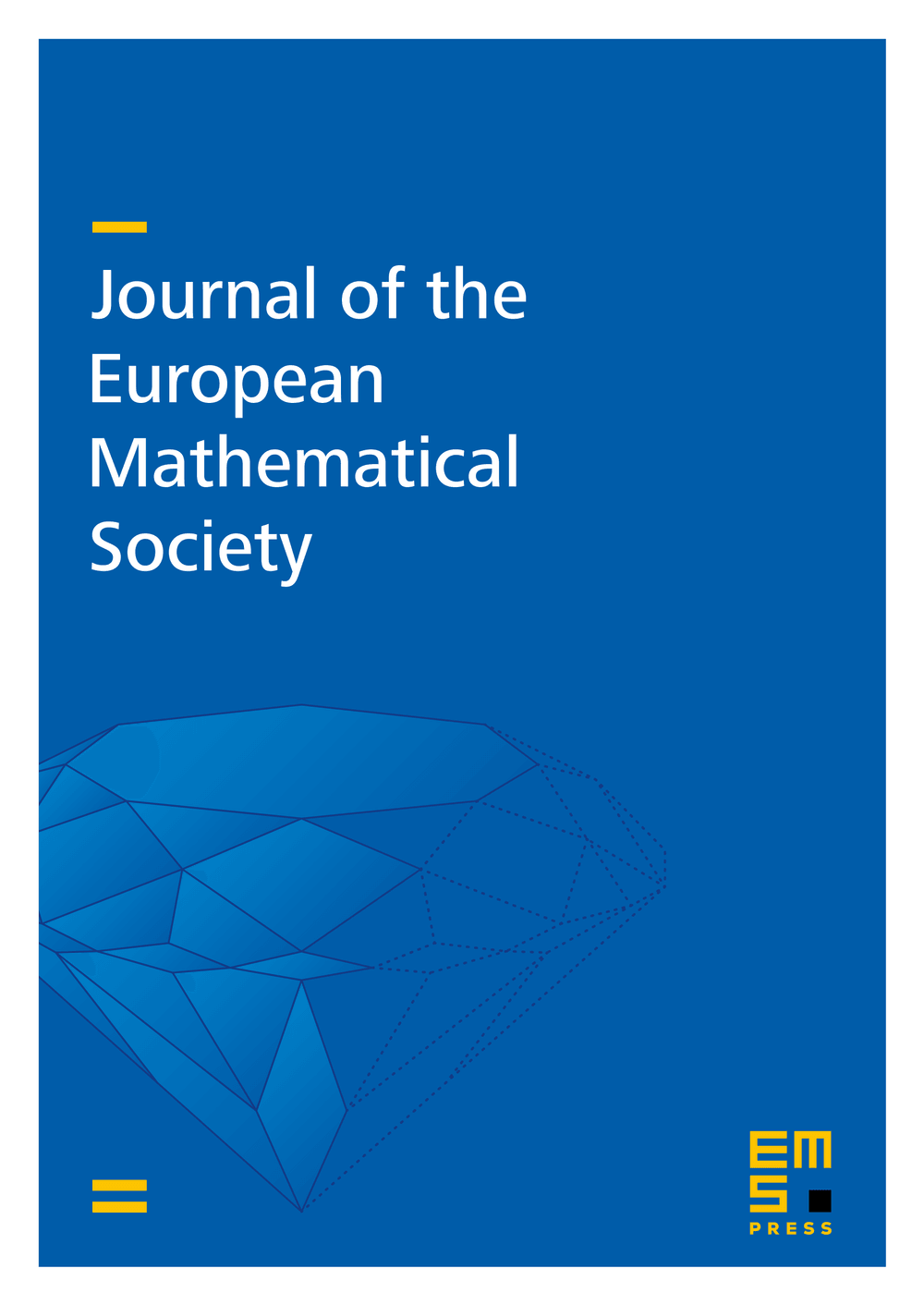Invariants for the modular cyclic group of prime order via classical invariant theory
David L. Wehlau
Royal Military College of Canada, Kingston, Canada

Abstract
Let be any field of characteristic . It is well-known that there are exactly inequivalent indecomposable representations of defined over . Thus if is any finite dimensional -representation there are non-negative integers such that . It is also well-known there is a unique (up to equivalence) dimensional irreducible complex representation of SL given by its action on the space of forms. Here we prove a conjecture, made by R. J. Shank, which reduces the computation of the ring of -invariants to the computation of the classical ring of invariants (or covariants) . This shows that the problem of computing modular invariants is equivalent to the problem of computing classical SL invariants. This allows us to compute for the first time the ring of invariants for many representations of . In particular, we easily obtain from this generators for the rings of vector invariants , and for all . This is the first computation of the latter two families of rings of invariants.
Cite this article
David L. Wehlau, Invariants for the modular cyclic group of prime order via classical invariant theory. J. Eur. Math. Soc. 15 (2013), no. 3, pp. 775–803
DOI 10.4171/JEMS/376